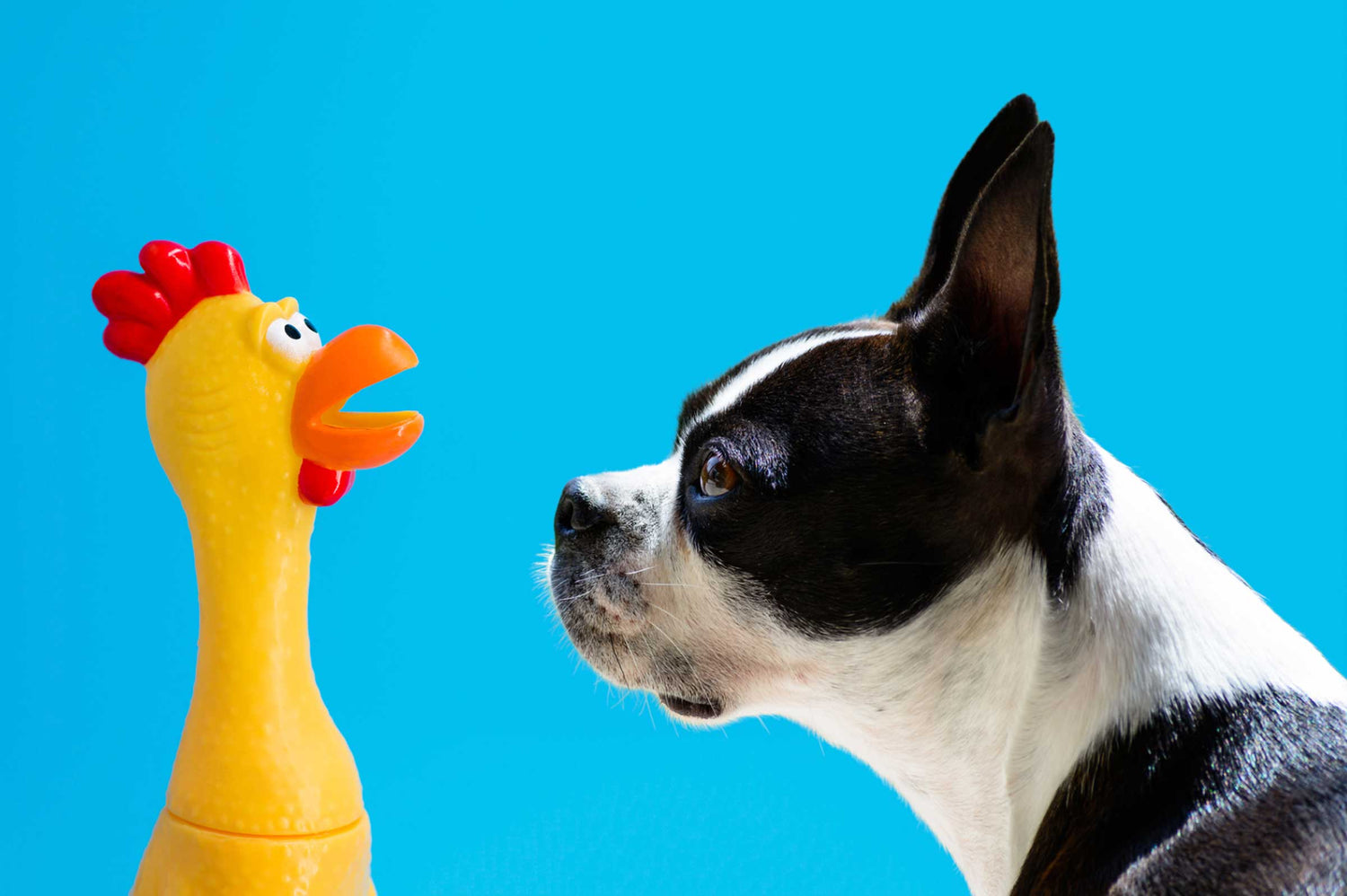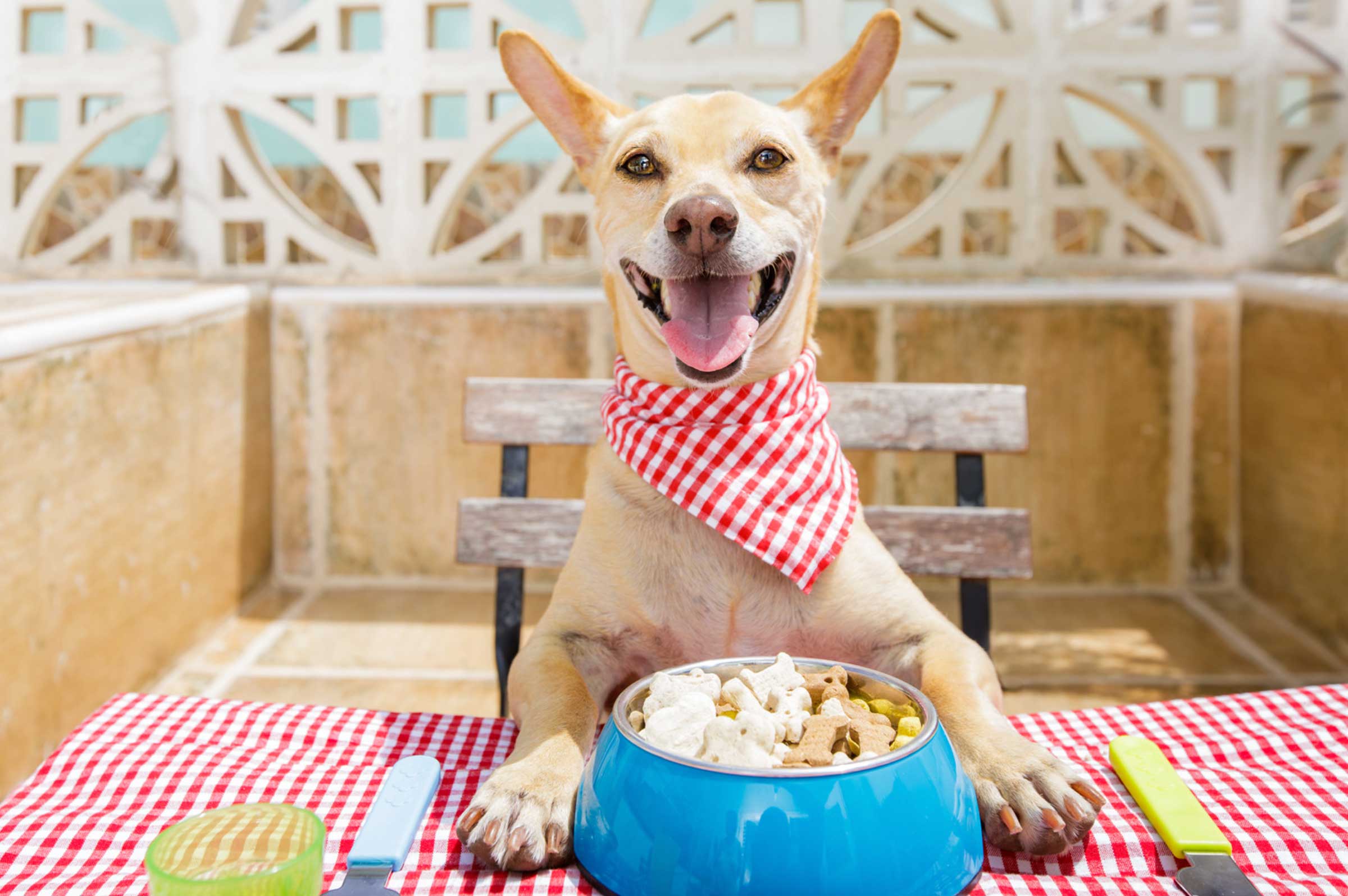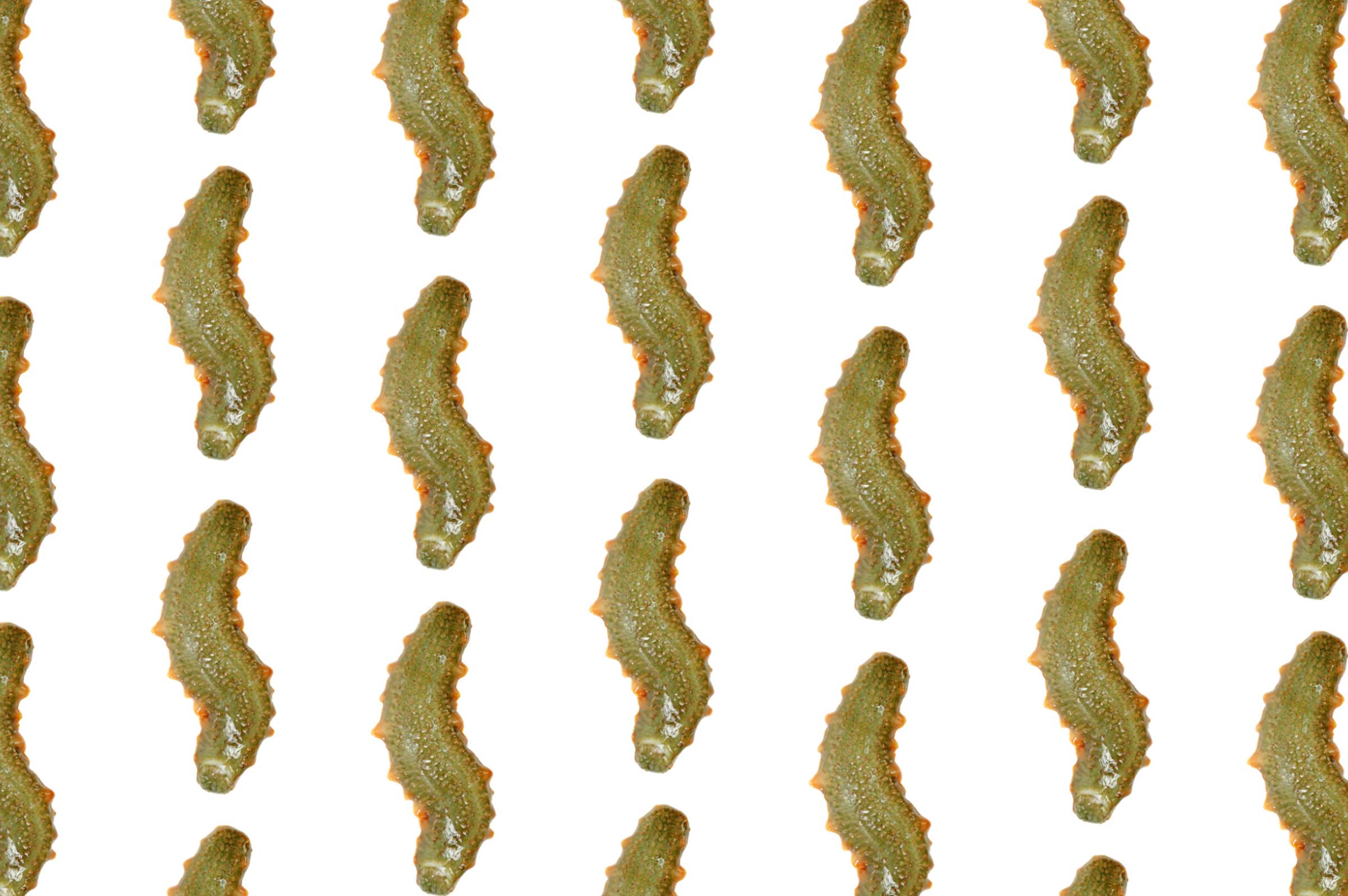Dogs can sometimes get into things they shouldn’t, and raw chicken is one of those items that can cause concern. While some pet owners might include raw chicken in a dog's diet under controlled circumstances, accidental ingestion can be worrisome due to the risks of bacteria like Salmonella or Campylobacter. Here's what you should do if your dog eats raw chicken, turning a potentially ruff situation into a manageable one.
Assess the Situation
The first step is to stay calm and assess the situation. Determine how much raw chicken your dog ate and if any packaging was consumed. This information will be crucial when consulting with your vet. If your dog is displaying unusual behavior, such as vomiting or lethargy, note these symptoms as they could be signs of food poisoning or an obstruction.
Immediate Actions to Take
If you suspect your dog has ingested raw chicken, it’s essential to act quickly but carefully. Remove any remaining chicken from your dog’s reach to prevent further consumption. Avoid inducing vomiting unless explicitly advised by a veterinarian, as this can sometimes do more harm than good. Instead, call your vet or an emergency pet helpline for guidance tailored to your dog’s specific situation.
Monitoring for Symptoms
After your dog has eaten raw chicken, contact your vet and keep a close eye on them for the next 24 to 48 hours. Look for signs of gastrointestinal distress, such as vomiting, diarrhea, or a loss of appetite. These could indicate a bacterial infection or an adverse reaction. While some dogs may not exhibit any symptoms, it’s essential to remain vigilant and seek veterinary care if anything seems off. If your dog shows immediate signs of distress, and you are unable to contact your veterinarian, you may contact the ASPCA animal poison control number.
When to Contact the Veterinarian
While not every case of raw chicken ingestion leads to illness, consulting with your veterinarian is always a good idea. They can provide specific advice based on your dog’s age, size, breed, and overall health. If your dog has a compromised immune system, is very young, or is elderly, the risk of complications increases. Your vet might recommend a stool test to check for bacterial infections or prescribe medication if symptoms develop.
Preventive Measures for the Future
To avoid future incidents, ensure your dog doesn’t have access to raw chicken or any other potentially harmful foods. Store raw meat securely and dispose of any waste promptly. Training your dog not to scavenge or take food off counters can also be a valuable preventive measure. Additionally, educating yourself on safe feeding practices can help you make informed decisions about your dog’s diet, whether raw or cooked.
Conclusion
Finding your dog snacking on raw chicken can be alarming, but with the right knowledge and prompt action, you can navigate the situation safely. Remember, your vet is your best resource for guidance and reassurance. By taking steps to prevent access to potentially hazardous foods, you can keep your furry friend safe and healthy. After all, a little bit of preparation can prevent a whole lot of 'fowl' play! In the meantime, visit VetSmart Formulas products page to get the supplements your dog needs to stay happy and healthy!











